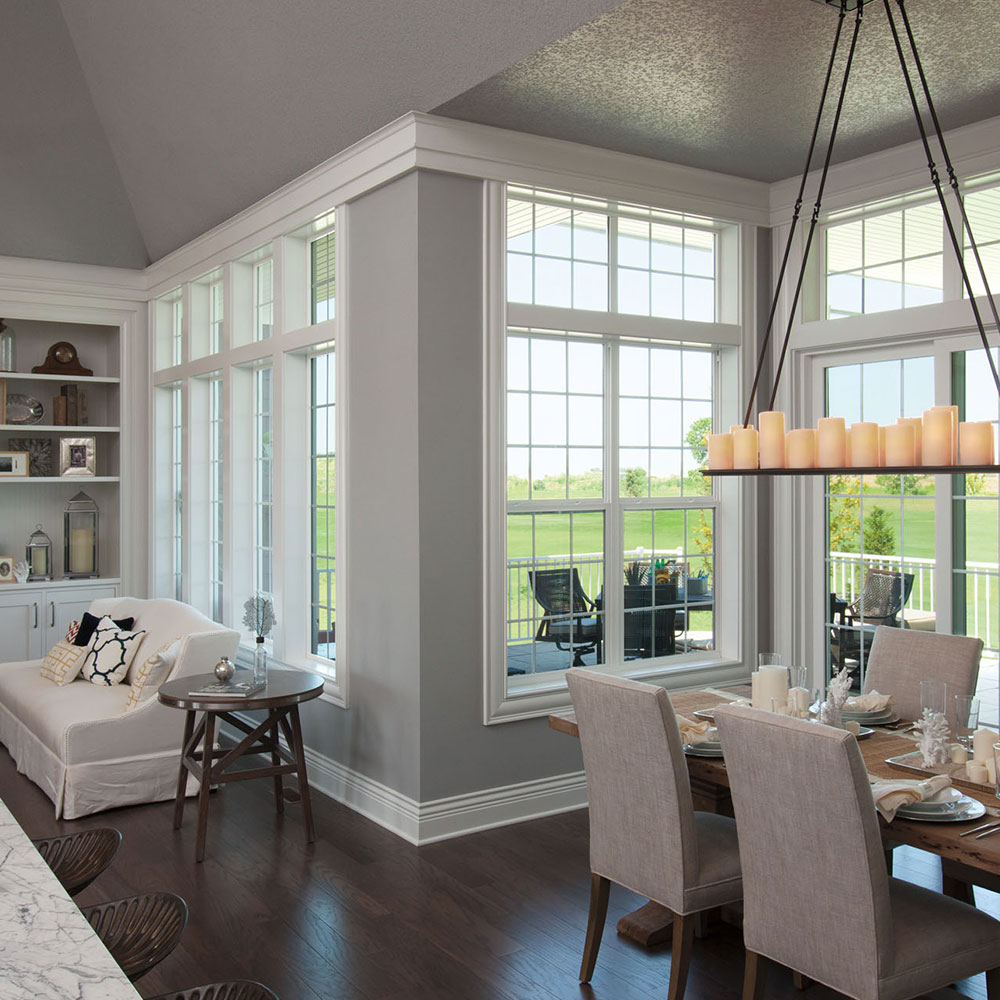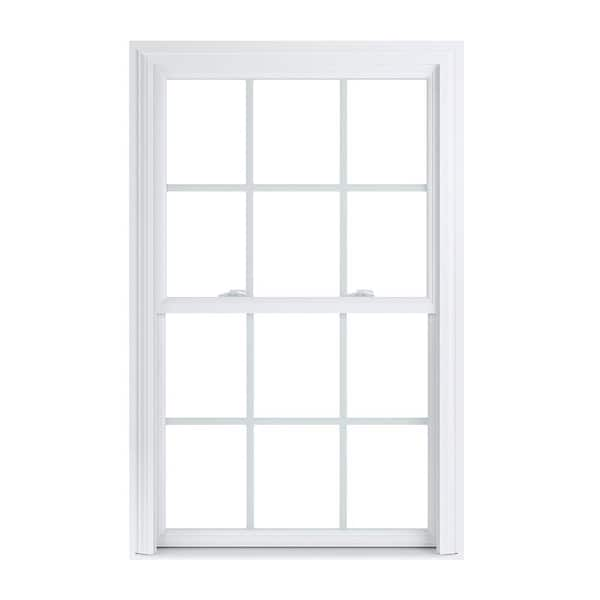Update Your Home with Houston Pella Windows Installment
Update Your Home with Houston Pella Windows Installment
Blog Article
Upgrade Your Home With Energy-Efficient Home Window Substitutes
In the realm of home renovation, the decision to update to energy-efficient home window replacements can substantially impact both the performance and aesthetics of a home (Cypress window replacement). As homeowners seek methods to boost the performance and sustainability of their space, the option of home windows plays a pivotal role in accomplishing these objectives. Past the surface area level of mere looks, energy-efficient home windows offer a wide range of benefits that surpass plain curb charm. With a mindful option process that considers different aspects, from glass kinds to installment strategies, starting this home upgrade trip can confirm to be a transformative undertaking.
Advantages of Energy-Efficient Windows

The installation of energy-efficient home windows offers substantial financial savings on utility costs while boosting environmental sustainability. Energy-efficient home windows are created to minimize warmth loss and gain, minimizing the need for home heating and cooling systems to burn the midnight oil. By efficiently shielding the home, these windows aid preserve a comfy indoor temperature level year-round, resulting in lower power usage and lowered utility expenses. Additionally, energy-efficient home windows can aid control dampness levels within the home, lowering the risk of mold and mildew and mildew growth.
Beyond the economic benefits, energy-efficient home windows contribute to ecological sustainability by lowering carbon discharges related to energy manufacturing. By decreasing energy use, these home windows help reduce the ecological influence of illumination, home heating, and cooling property rooms. This decrease in power intake plays a crucial role in combating climate modification and advertising a greener future for generations ahead. Overall, investing in energy-efficient windows not only improves the comfort and efficiency of a home but also aligns with environmentally conscious practices.
Kinds of Energy-Efficient Glass
Different sophisticated sorts of energy-efficient glass deal one-of-a-kind residential or commercial properties that deal with various demands and preferences in enhancing the sustainability and efficiency of structures. Low-emissivity (Low-E) glass is a prominent choice designed to minimize the quantity of ultraviolet and infrared light that can go through the glass, thereby decreasing warmth transfer. This kind of glass aids keep a regular indoor temperature level, reducing the need for home heating or cooling systems, and ultimately decreasing energy costs. An additional ingenious option is spectrally discerning glass, which enables visible light to travel through while blocking certain kinds of infrared radiation. This helps in keeping a comfortable interior atmosphere while reducing heat gain. Triple-pane glass, being composed of three layers of glass with shielding gas between them, provides enhanced thermal insulation, making it very energy-efficient. Furthermore, self-cleaning glass with a special finish that damages down and loosens dirt when exposed to sunshine can lower upkeep requirements and keep home windows looking clean. Each kind of energy-efficient glass provides distinctive advantages, permitting house owners to pick the most appropriate choice based upon their particular needs and goals.
Factors to Think About When Choosing
When pondering energy-efficient window substitutes, it is vital to carefully examine specific variables that line up with your sustainability purposes and desired energy financial savings. The U-factor steps just how well the home window insulates, with reduced numbers indicating much better insulation, while the SHGC indicates the Clicking Here window's capacity to obstruct heat from sunshine. By meticulously assessing these aspects, you can select energy-efficient windows that improve convenience, reduce energy expenses, and profit the setting.
Installation and Maintenance Tips

Regular maintenance is vital to maintaining the performance of your energy-efficient home windows. Examine the windows occasionally for any signs of sealer, damage, or wear deterioration. Tidy the frameworks, tracks, and glass on a regular basis utilizing mild soap and water to remove dust and gunk that can affect efficiency. Inspect the weather-stripping and seals for any gaps or rips and change them if required to maintain the home windows' energy efficiency.
On top of that, lube relocating parts such as locks and hinges to make sure smooth operation. By complying with these installation and maintenance pointers, you can enhance the power efficiency of your home and extend the life-span of your energy-efficient windows.
Cost-Benefit Analysis of Upgrading

Energy-efficient home windows are created to reduce heat transfer, reducing the demand for visit the website home heating and cooling systems to work overtime. This can bring about substantial cost savings on energy costs, especially in regions with severe temperature levels. Additionally, energy-efficient home windows can improve the overall worth of your home, making it a lot more appealing to potential customers if you make a decision to sell in the future.
When computing the cost-benefit analysis, consider the possible cost savings on energy costs, any type of available rewards or rebates, and the life-span of the home windows. While the preliminary expense might be higher, the lasting savings and benefits of energy-efficient windows make them a clever financial investment for house owners wanting to enhance their home's power effectiveness and worth.

Final Thought
Finally, updating to energy-efficient home window replacements supplies numerous advantages such as reduced power intake, enhanced convenience, and price savings. By choosing the suitable kind of energy-efficient glass and considering aspects like structure material and setup, home owners can take full advantage of the performance of their windows. Routine upkeep and proper installation are necessary for lasting performance. In general, the cost-benefit analysis of updating to energy-efficient home windows reveals that the first investment can result in considerable cost savings over time.
When considering energy-efficient home window replacements, it is crucial to meticulously analyze details variables that line up with your sustainability objectives and desired energy financial savings. The U-factor actions just how well the home window protects, with lower numbers showing far better insulation, while the SHGC suggests the window's ability to block warmth from sunshine. By thoroughly assessing these factors, you can pick energy-efficient home windows that improve comfort, lower power costs, and profit the setting.
While energy-efficient windows may have a greater in advance cost contrasted to standard windows, the long-term advantages typically outweigh the first investment.In conclusion, updating to energy-efficient window replacements offers various advantages such as minimized power consumption, raised comfort, and cost financial savings.
Report this page